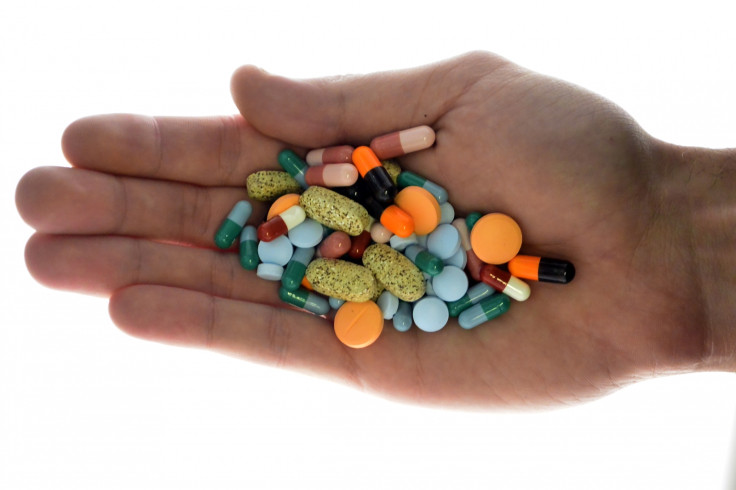Medical trials are in jeopardy due to extreme hypochondria in Americans

Americans' anxieties about health maybe threatening the successful development of new medicines, say Canadian researchers who identified that the power of the placebo effect on US citizens is becoming stronger. A new study has found that rising placebo responses may contribute to the increasingly high failure rate for clinical drug trials – with the authors of the study saying the phenomenon only happened in the US.
A number of large drug trials in the US have failed in recent years, with the authors of the study saying that the increase in placebo responses is the cause. Drug companies have been left baffled by the results which increase the difficulties in deciding whether or not a painkiller, or any other drug for that matter, is working.
Jeffrey Mogil, head of the pain genetics lab at McGill University in Montreal, conducted the research. He said: "Perhaps it is because the US Food and Drug Administration [who govern clinical trials] is more demanding than elsewhere. But curiously our data suggests that in other countries, size and length of trials were not related to placebo response, which may actually suggest that there really is something different about American trial participants.
"Another explanation may be the country's heavily medicalised culture. About one in 20 Americans suffers from hypochondria and even minor ailments are treated with drugs."
American hypochondria may even go some way to explaining that nine out of 10 new pain relief drugs fail at the testing stage. But another reason why results seem so skewed could be because of the length and size of the trials.
In the US trials are becoming longer, from an average of four-weeks long in 1990 to 12 weeks in 2013, and larger, from an average of fewer than 50 patients in 1990 to an average of more than 700 patients in 2013.
The results of the study published in an American Journal called Pain analysed 84 US trials between 1996-2013. Over time, the difference in effectiveness between painkillers and placebos shrank from 27% to 9%.
Dr Mogil added, in The Times: "It's probably simply that American trials can be more expensive because US pharmaceutical companies are bigger and have more money to spend than their counterparts elsewhere. The problem is that (the placebo response) is getting bigger but responses in the drug groups are not, such that the treatment advantage — drug minus placebo — is getting smaller."
© Copyright IBTimes 2025. All rights reserved.






















